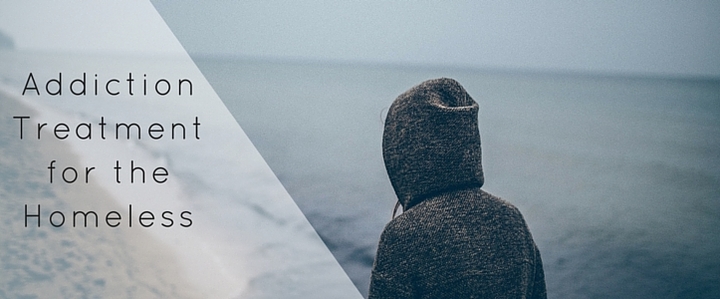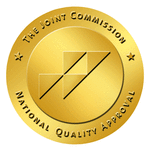Keeping The Peace: Tools For Staying Calm In An Alcoholic Home
Rage, tears, yelling, screaming, slammed doors, shattered glasses, shattered lives: this is one experience of an alcoholic home. Others may be more subtle but just as destructive with:
- hidden shame and lies
- family secrets
- unspoken commands to speak quietly, never criticize, or to stay out of the way after Mom or Dad or Uncle have had a few glasses
3 Strategies For Dealing With Alcoholics In The Family
These three strategies can be used together or independently to bring a little more calm to your own life whatever else is going on around you!
1. Be aware of what is going on for you.
Notice the point at which you get stressed, what family behaviors trigger that? Do you always feel your shoulders tighten when Dad dips into the eggnog for the second cup? Do you start to get short-tempered when Mom pops open the extra bottle of champagne? Noticing how the actions around you impact your experience allows you to start making choices about how to take care of yourself, the first step though is to be aware.
2. Accept what you have control over (and what you don’t).
You can hide all the alcohol, you can throw a big fit to divert attention, you can strategically empty glasses when people aren’t looking, but none of this kind of behavior changes the fundamental issue or dealing with an alcoholic environment. You can’t make an alcoholic drink and you can’t stop them from drinking beyond using lies and trickery of your own.
So what can you do?
Manage your own behavior. Avoid getting pulled in to conflict by staying quiet, resist the urge to protect people from their own choices, practice taking care of yourself by being aware of what you need to feel comfortable.
3. Take action to take care of yourself.
If you know that being with the family for more than two hours always leads to a big fight, leave after an hour and a half. If things are totally unpredictable and you never know when things are going to get out of control have a back-up plan, go for a walk, bring an art project you can quietly work on, retreat to your room. Remember that getting involved in the chaos is a choice, you can also choose actions that get you out of the chaos.
You Have Choices!
Living with alcoholics or coming from an alcoholic family means that you might be too comfortable with chaos, stress, and insanity. It doesn’t mean that you have to stay comfortable with that and that there are no other choices for how to live.
Every interaction we have is ultimately up to us to affirmatively decide to have. It might make us sad to not be with family but it might also make us feel terrible to be with them. It’s up to each of us to decide what is right for our lives, to choose that path and to embrace the opportunity for peace that making that choice brings.
www.addictionblog.org






 RSS Feed
RSS Feed
